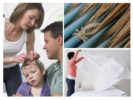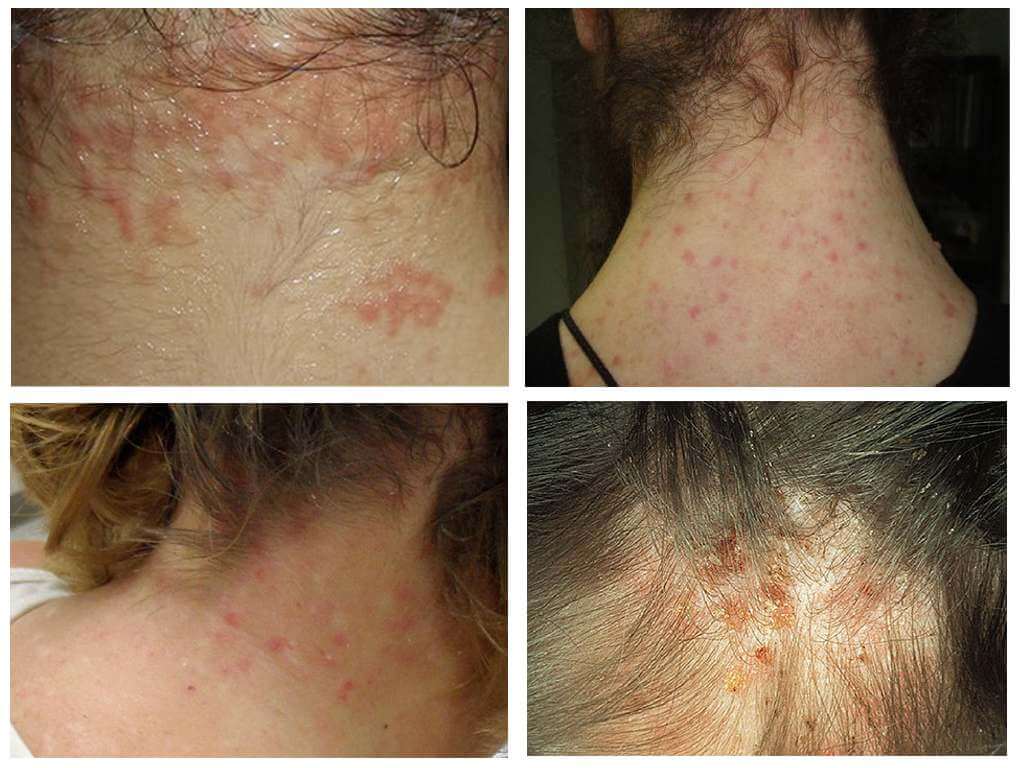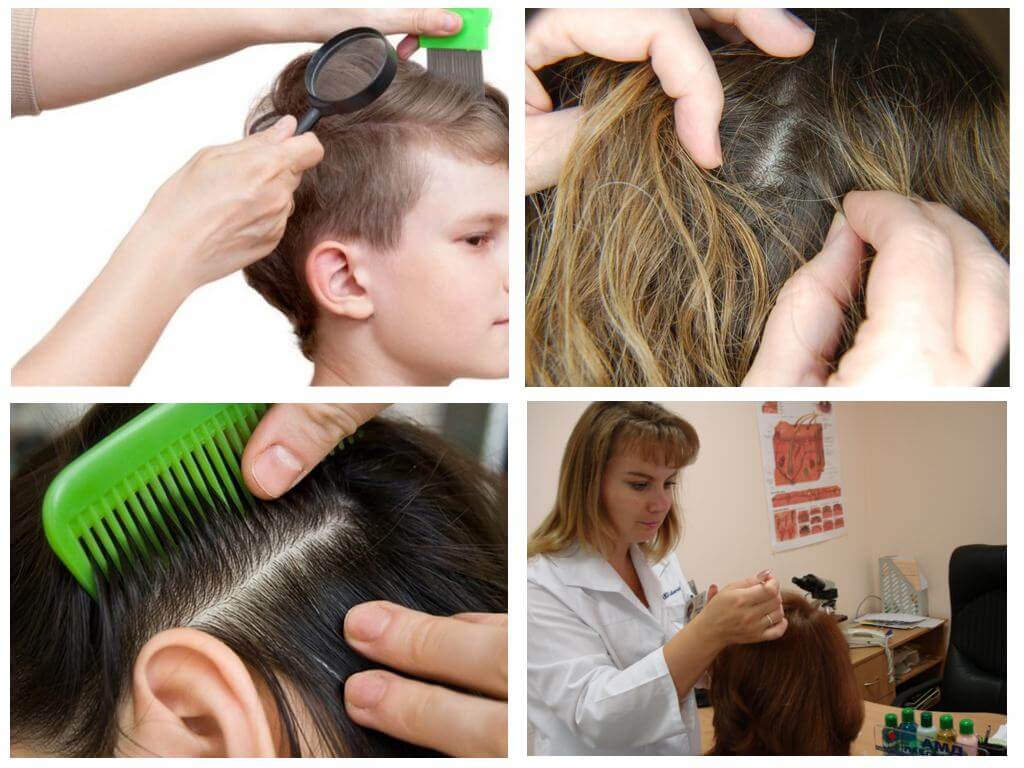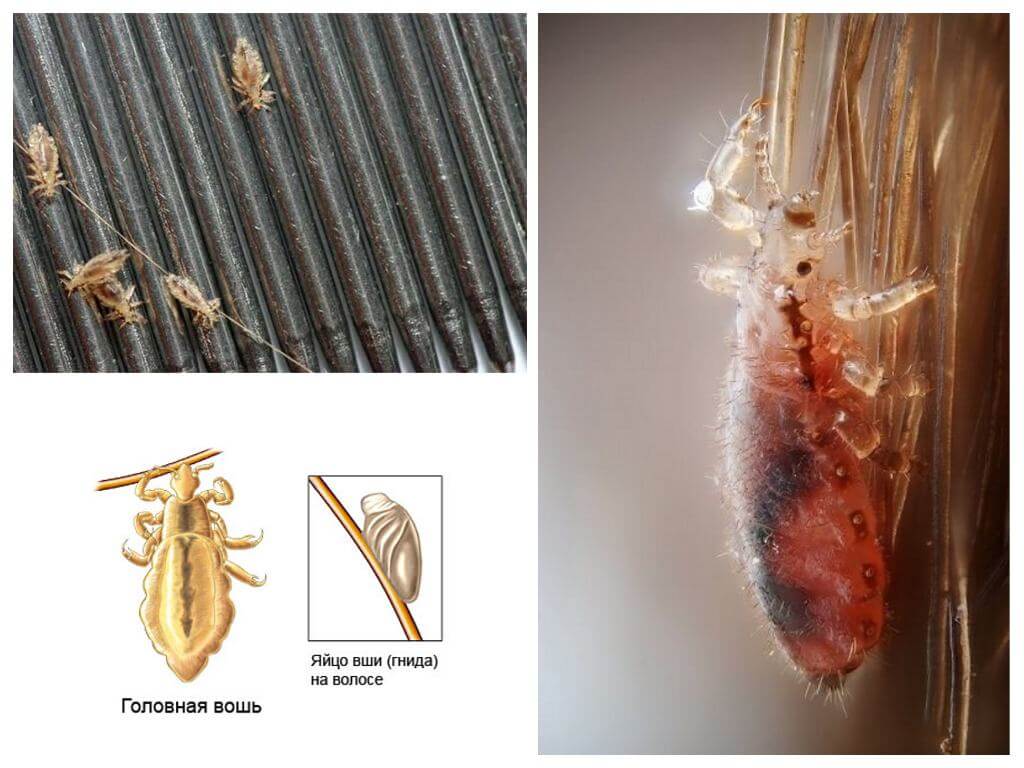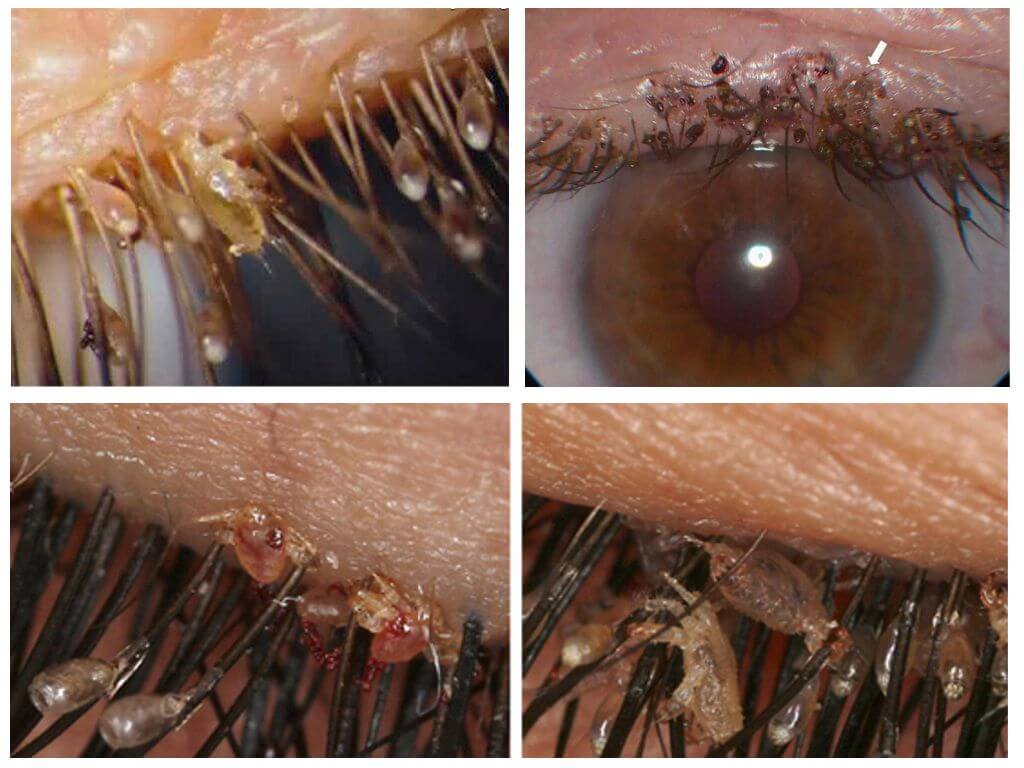- Lice protection
- Parasite Remedies
Pediculosis - An ancient disease known to mankind since time immemorial. Herodotus wrote about parasites in his treatises, the remains were found in the tombs of Egyptian pharaohs. Lice continues to exist in the modern world, despite a wide variety of means, anti-lice drugs. The question arises - what are lice afraid of, how to prevent the disease?
Why it is impossible to exterminate pediculosis
Louse - a human ectoparasite who loves unsanitary conditions, crowds. The disease is widespread among the population of undeveloped countries, with foci found around the world.
Dysfunctional families, people with no fixed abode, persons leading a dissolute lifestyle are a source of infection. In such cells of society pediculosis control not conducted at all or done superficially. Lice continue to inhabit the planet, infect people, annoy their existence.
On a note!
You can catch lice anywhere, in close contact with an infected person or his things. It is completely unreasonable that lice love unsanitary conditions, choose dirty, unwashed heads. Insects settle equally quickly on a well-groomed head, they feel much more confident there.
At risk are travelers, volunteers, children, people who neglect the basic rules of personal safety.
How to protect yourself from lice

The basic rule for preventing lice is safety measures. Pediculosis can develop on the head, body, pubis. The onset of the disease is provoked by 3 types of lice - headaches, body lice, pubic areas. Lice are transmitted in close contact with a sick person, his things. The most common is head louse.
To protect against lice, it is recommended:
- use only your comb, towel;
- do not wear other people's hats, things;
- when spending the night outside the house, go to bed with washed, new bedding;
- periodically check the child’s head;
- comb hair with a comb with frequent, hard teeth:
- iron laundry with steam;
- once a month to carry out general cleaning in the house;
- carefully choose sexual partners;
- use special, folk remedies for prevention.
Timely identification of lice prevents severe infection, allows you to get rid of a complex disease in 1-2 procedures. You need to protect yourself by observing basic rules of behavior. Heat saves things from parasites. You need to boil the laundry.
What smells are parasites afraid of
Almost all parasites can be scared away by smell. Lice in their life are guided by the sense of smell. By smell they find food, a pair for fertilization. So that a person does not attract ectoparasites, a certain smell should come from him. The louse is scared away by a sharp aroma, which for a person can be very pleasant.
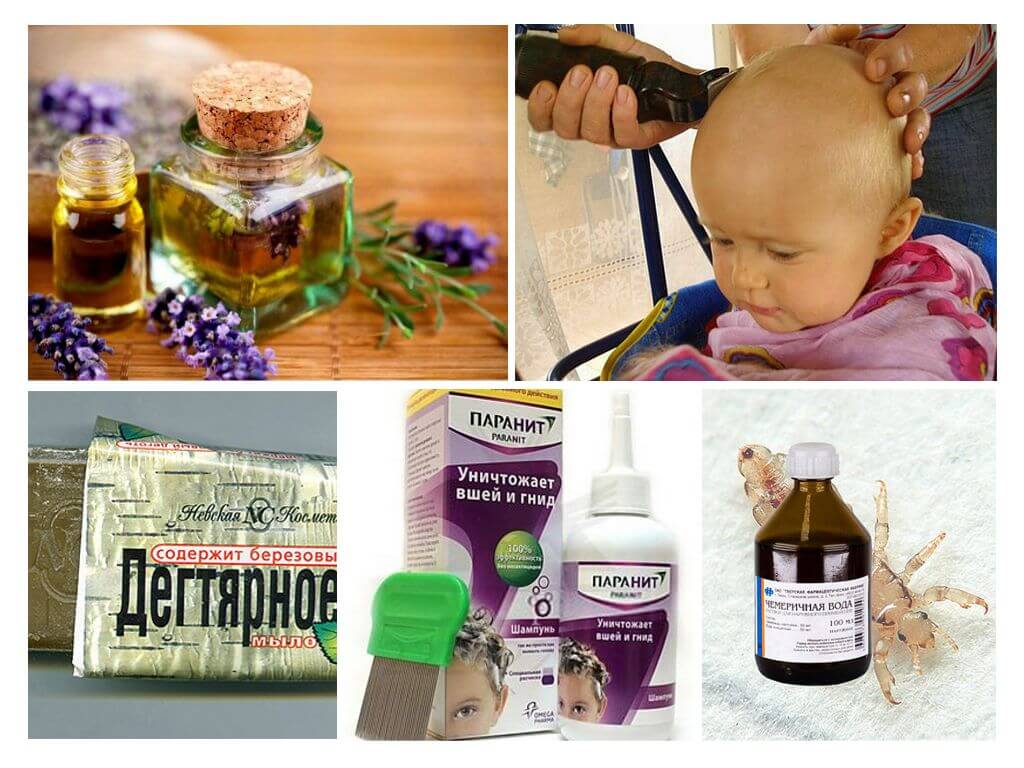
What head lice are afraid of:
- Essential oils. Lice do not like smell tea tree oils, lavender, peppermint. For lice prevention just add a few drops of oil to a regular shampoo, wash your hair. A slight odor lasts for a week, deterring parasites.The tool is absolutely safe for hair, but can cause allergies. A sensitivity test should be performed first. Can fence for a week, while there is a smell.
- Lack of hair. The most effective method, with a 100% result, is shaving the head. Modern methods pediculosis treatment avoid such radial measures. But neat hairstyles, hidden hair can avoid lice. Girls need to braid braids, adults to wear kerchiefs in contact with people who are at risk.
- Tar soap or shampoo dust soap, birch tar. After contact with “doubtful” persons, it is recommended to wash your hair with one of the presented means. Adult lice die from such drugs.
- Hellebore water, decoction of tansy, cranberry, lemon juice. Hair is treated with one of the agents, can withstand about 20 minutes, rinse with warm water.
- Of special shampoo for lice. The same drugs are used as for the fight against pediculosis, but in a slightly different way. To protect yourself or your child from lice, just wash your hair with the chosen product once a month. Or immediately after returning home from a business trip, contact with dubious persons.
Interesting!
Nits do not respond to odors, are not afraid of insecticides. The only method of prevention is regular combing hair crest with small teeth. Make the process easier vinegar, hydrogen peroxide, lemon juice. These products dissolve the sticky substance with which the nits are attached to the hair.
Lice protection lasts as long as the odor persists. It should be updated once a week. The use of shampoos with insecticides is recommended in special cases when there is a real risk of infection - after contact with a sick person.
How to protect your child from head lice
The basic rule is to check your baby’s head every week. Do this in a well-lit place using a magnifying glass. It is very difficult to notice lice, as they move quickly, adjust to the tone of the hair. You should pay attention to nits. Lice eggs are always located in the temples, occiput, forehead at a distance of 1-4.5 cm from the roots. See, what lice and nits look like in haircan be in the photo.
On a note!
The location of the nits on the hair can determine how old the infection is. Initially, lice attach eggs at a distance of 1 cm from the roots. As the hair grows, nits appear on different parts of the head.
While washing the baby’s head, add a few drops of essential oil to the shampoo. This will be a reliable protection against ectoparasites for the whole week. Fighting off lice is a reliable method of prevention.
Preventing the appearance of parasites is much easier than get rid of lice. You should take prophylactic methods seriously, because you can get infected with insects in any public place. Means for protecting against lice should be safe for health. You need to choose a drug taking into account the individual characteristics of the body, age. Knowing what smells lice are afraid of, in some cases you can use natural repellents.
